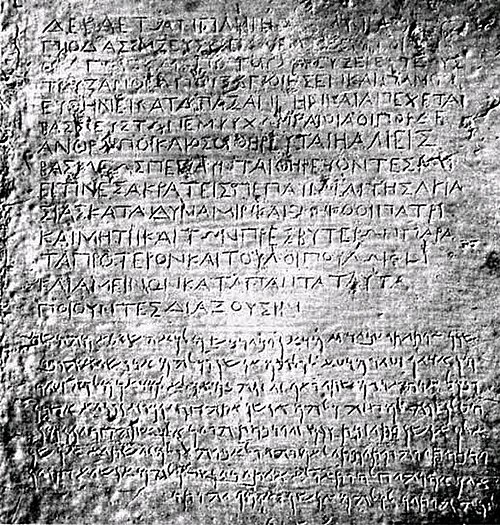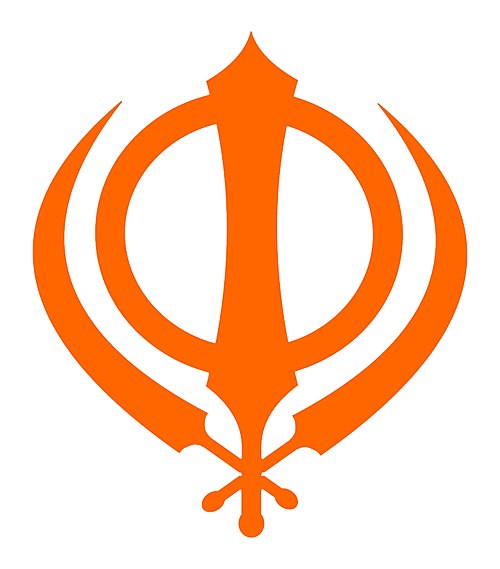Dharmanoun
The natural order of the universe; natural law, cosmic order.
Dharmanoun
(Hinduism) One's obligation in respect to one's position in society, one's duty.
Dharmanoun
(Buddhism) The teachings of the Buddha as one's personal path to enlightenment.
Dharmanoun
(Buddhism) The teachings of the Buddha as a practice to be promulgated and taught.
Dharma
the basic principles of the cosmos; also: an ancient sage in Hindu mythology worshipped as a god by some lower castes;.
Dharmanoun
basic principles of the cosmos; also: an ancient sage in Hindu mythology worshipped as a god by some lower castes;
Dharmanoun
(in Indian religion) the eternal and inherent nature of reality, regarded in Hinduism as a cosmic law underlying right behaviour and social order.
Dharmanoun
(in Buddhism) the nature of reality regarded as a universal truth taught by the Buddha; the teaching of Buddhism.
Dharmanoun
an aspect of truth or reality
Dharma
Dharma (; Sanskrit: धर्म, romanized: dharma, pronounced [dʱɐrmɐ] (listen) (Pali: dhamma) (Tamil: aṟam)) is a key concept with multiple meanings in Indian religions, such as Hinduism, Buddhism, Jainism, Sikhism and others. There is no direct single-word translation for dharma in Western languages, however, the Christian and Platonist concept of is close to the Hindu interpretation of dharma, and the Christian or Stoic is close to the Buddhist interpretation.
Dhammanoun
(Buddhism) The teachings of Buddha






